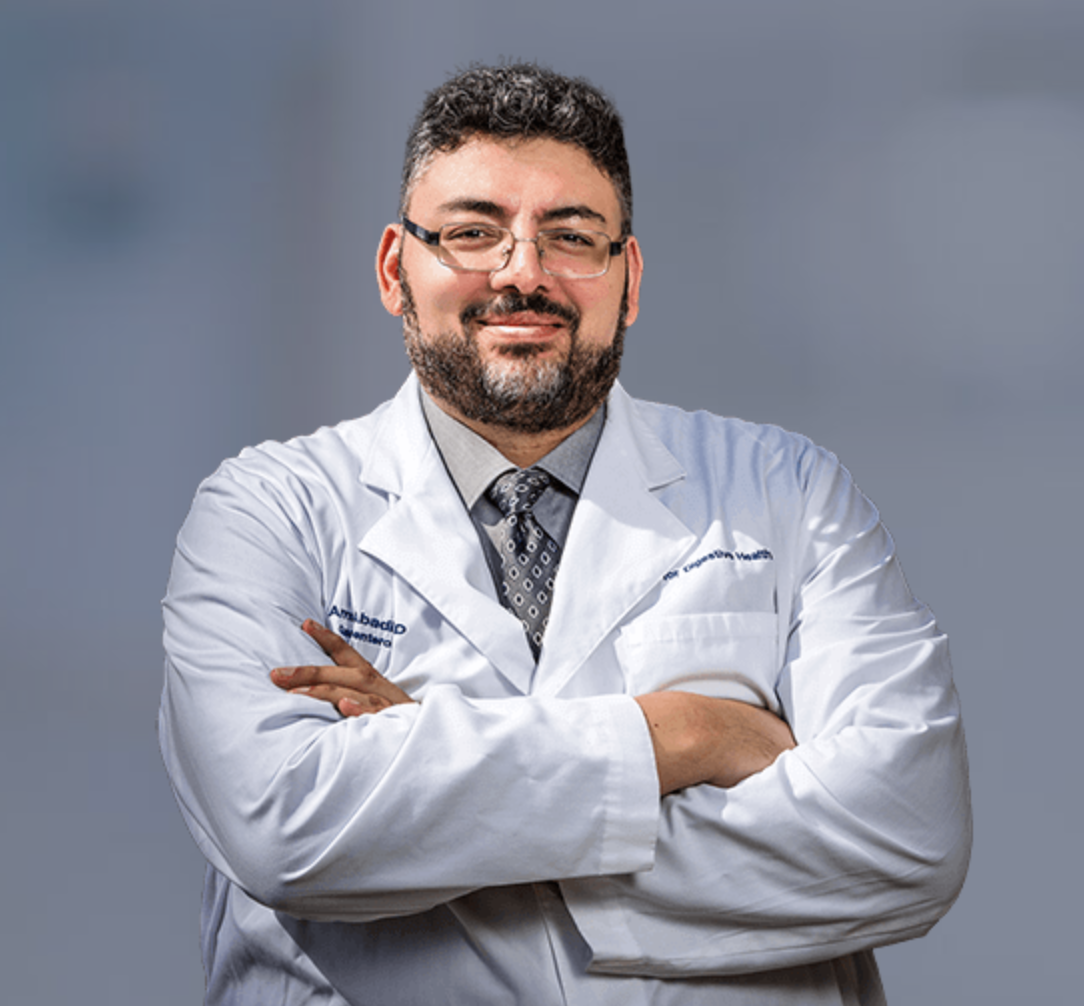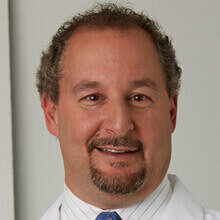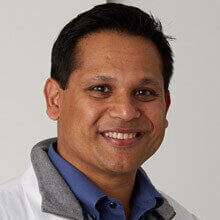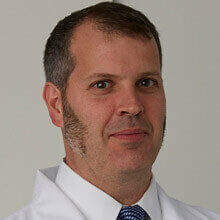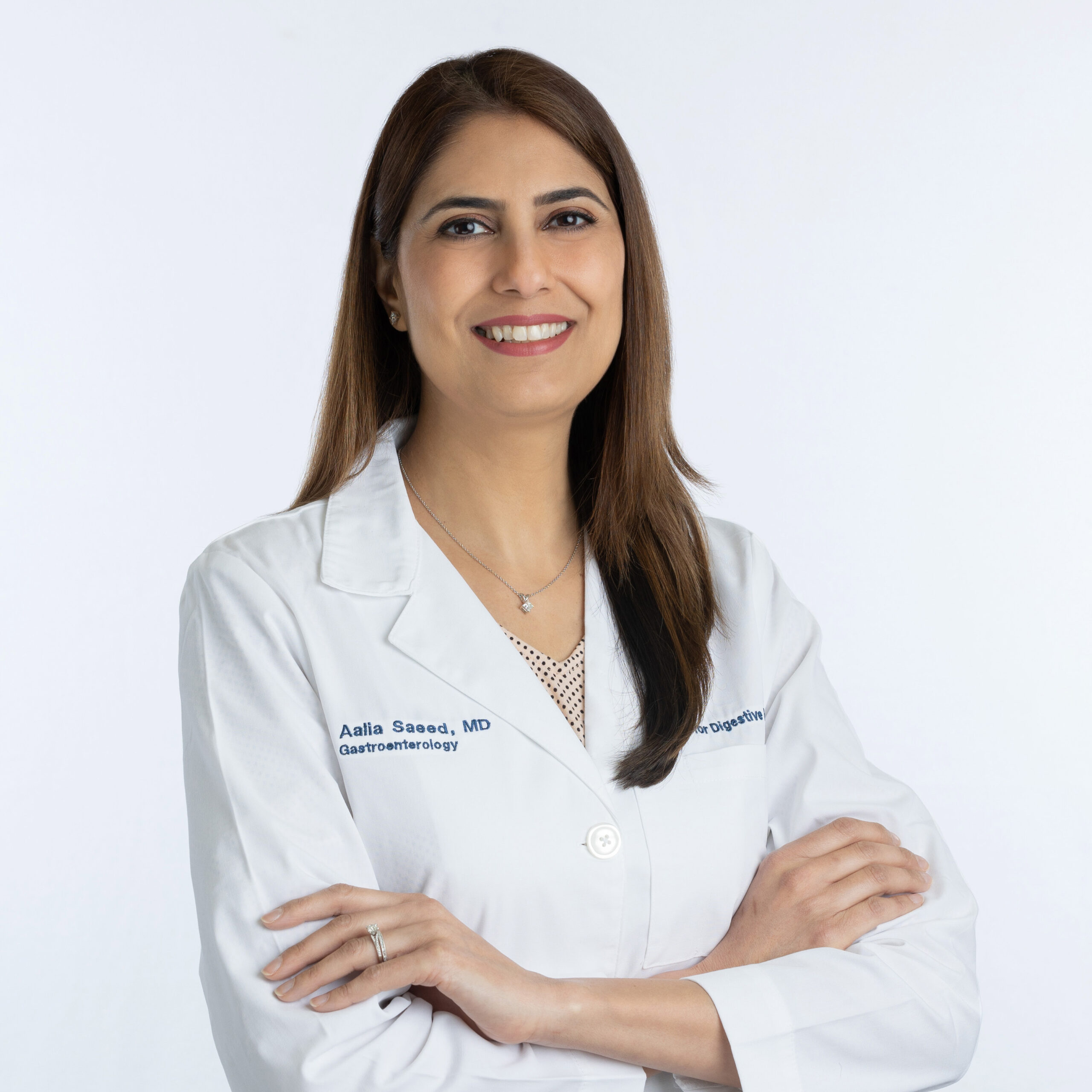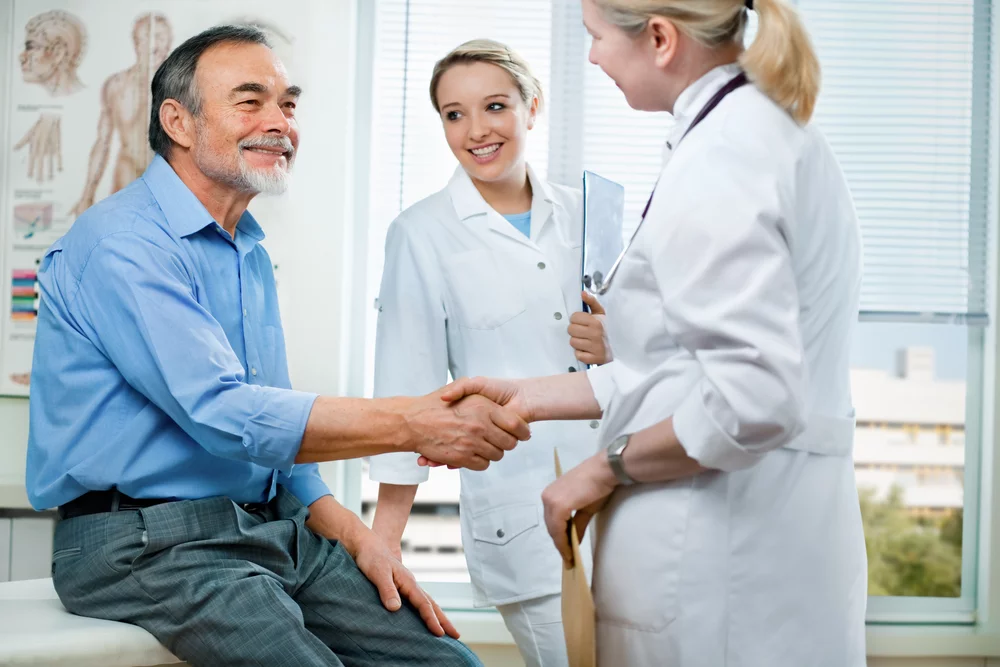What is Diverticulitis?
Diverticulitis is a condition that develops when diverticula, which are small pouches in the intestine, become inflamed or infected. It is not unusual for people to have diverticula, especially after the age of 40. In most cases, diverticula do not cause any problems, but when diverticulitis develops as a result of inflammation or infection, people will experience uncomfortable symptoms.
What are symptoms of diverticulitis?
Since diverticulitis affects the intestines, it causes symptoms associated with gastrointestinal distress. Common symptoms of diverticulitis include:
- Pain, typically in the lower left portion of the abdomen
- Fever
- Tenderness in the abdomen
- Nausea
- Vomiting
- Constipation
- In some cases, diarrhea
With symptoms of diverticulitis, abdominal pain may be constant and last for several days. Unexplained, persistent abdominal pain is a sign that you should seek medical treatment.
What causes diverticulitis?
According to experts, diverticula develop when pressure causes weak spots in the colon to give way. When these diverticula tear, it results in inflammation, and in some cases infection, leading to diverticulitis.
There are some risk factors that can increase the likelihood of developing diverticulitis:
- Smoking
- Obesity
- Lack of exercise
- Being of older age
- Taking certain medications, such as steroids or opioids
- Eating a diet that is high in fat and low in fiber
How serious is diverticulitis?
In about 25% of cases, diverticulitis can cause complications. For instance, some people may develop abscesses, from pus collecting in the diverticula. Diverticulitis can also cause a blockage in the bowels as a result of scarring.
Another complication of diverticulitis is the development of a fistula, or an abnormal connection, between the bowel and other areas of the body.
In serious cases, diverticulitis can lead to peritonitis, which occurs when the diverticula rupture, causing material from the intestines to leak into the abdominal cavity. Peritonitis is considered a medical emergency.
What is the treatment for diverticulitis?
The treatment for diverticulitis will depend upon the severity of the condition. If you have a mild case, you can likely recover at home. A doctor may prescribe antibiotics to treat diverticulitis, but sometimes, the condition will go away on its own without medication. A doctor is likely to recommend a liquid diet until symptoms of diverticulitis improve.
More serious cases of diverticulitis are likely to require hospitalization to treat the condition. During a hospital stay, treatment for diverticulitis includes intravenous antibiotics, as well as a tube to drain the fluid from an abscess, if one has developed.
For people who have recurrent cases of diverticulitis, a weakened immune system, or complications like a bowel obstruction, surgery may be necessary to treat diverticulitis.
You can reduce your risk of diverticulitis and related complications by getting plenty of exercise and eating a diet that contains adequate amounts of fiber from fruits, vegetables, and whole grains. It is also important to drink plenty of water and to avoid smoking.
Applicable Procedures
Colonoscopy
How serious is diverticulitis?
In about 25% of cases, people will suffer from complications with diverticulitis. These can include the development of abscesses, a bowel blockage, or an abnormal connection between the bowel and other body parts. In rare cases, it can cause a rupture called peritonitis, which is potentially life-threatening.
Are there ways to prevent diverticulitis?
You can reduce your risk of diverticulitis by practicing healthy lifestyle habits, such as avoiding smoking, maintaining a healthy weight, getting plenty of exercise, and getting enough fiber in your diet.
What is the treatment for diverticulitis?
Treatment will vary based upon the severity of the condition. Some people may not need any treatment, whereas others will need to take antibiotics or follow a liquid diet. In severe cases, surgery may be necessary.
Common Symptoms
- “I sometimes suffer from stomach pain that is constant and lasts for days at a time.”
- “My stomach is tender to the touch, and I get pain in the lower left area of my belly.”
- “I have been experiencing nausea, diarrhea, and vomiting along with a slight fever.”


